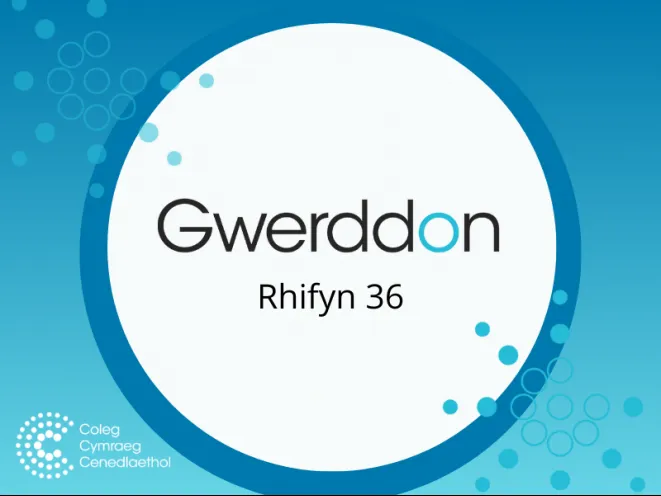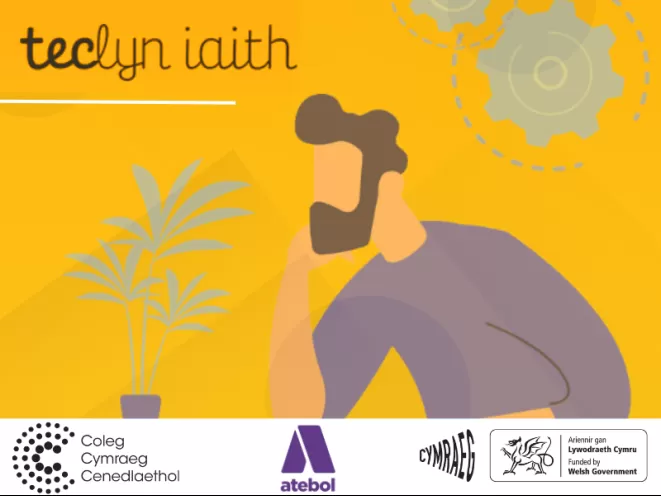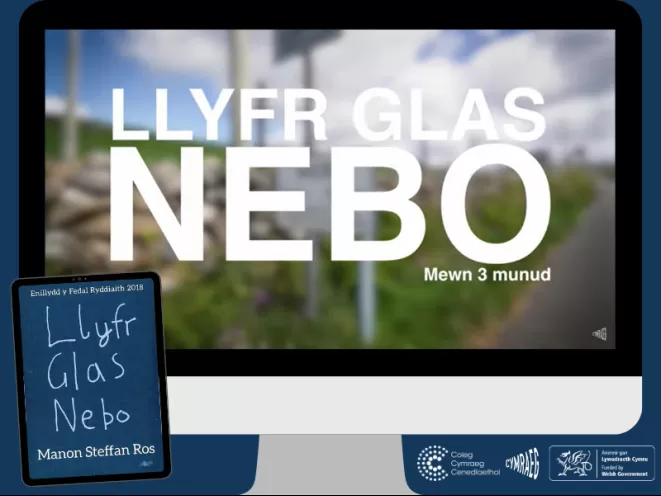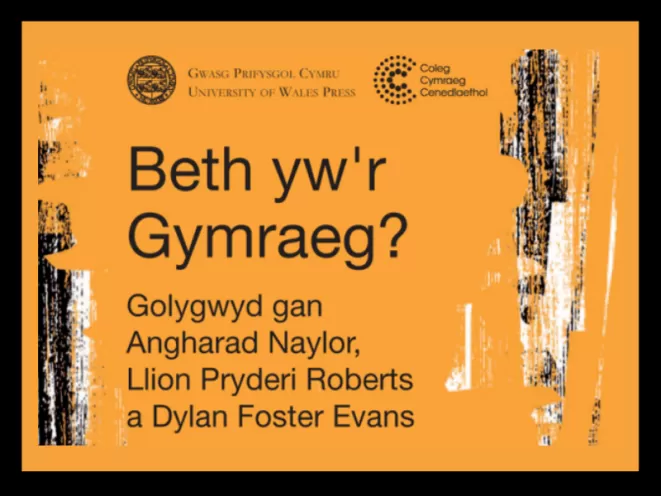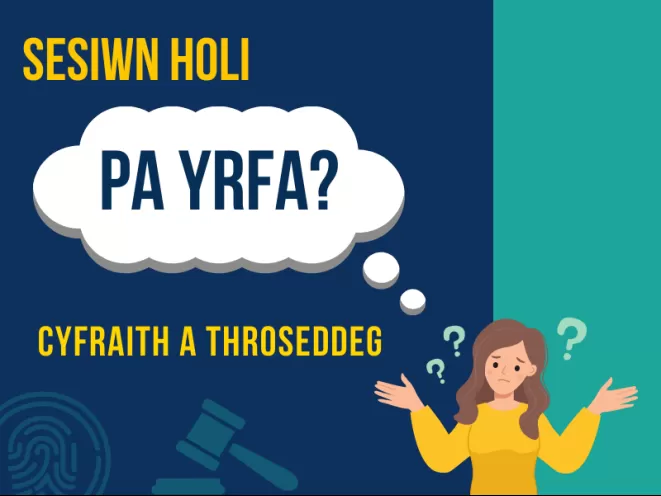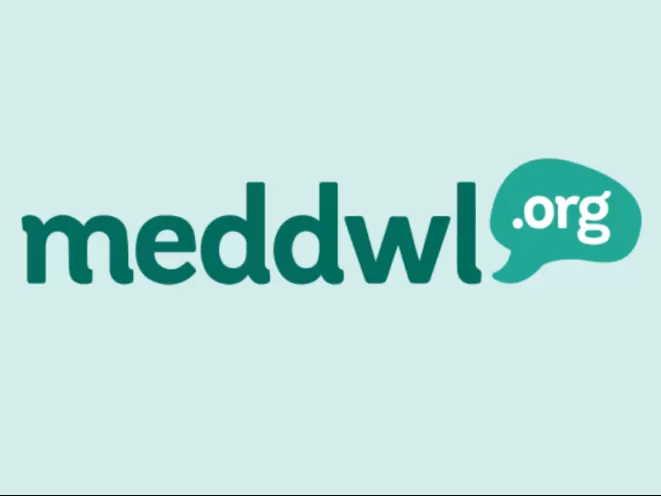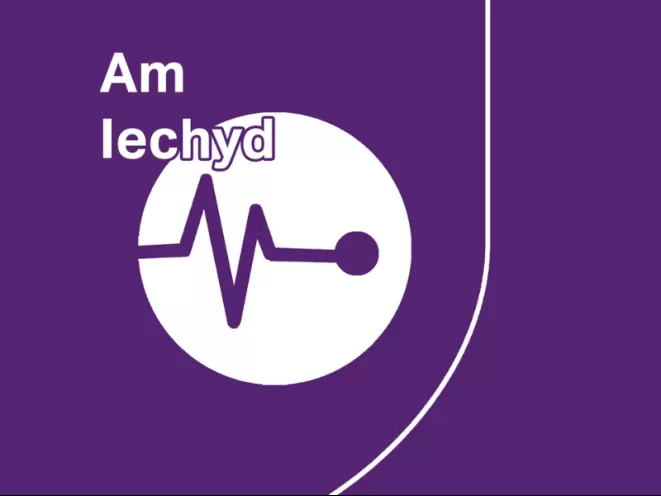This article explores some aspects of the way in which Welsh Patagonia is represented in Separado! (2010), an experimental documentary (in terms of style) by Gruff Rhys and Dylan Goch. This portrayal exists in the context of a range of both factual and fictional Welsh-language representations of Patagonia produced since the 1940s in Wales. Through concepts derived from literary theory (Linda Hutcheon), sociology of culture (Pierre Bourdieu), political theory (Ernesto Laclau), travel writing theory (Graham Huggan and Patrick Holland; Peter Hulme), and postcolonial theory (Mary Louise Pratt), it will be possible to trace in the documentary trends present in previous representations of Patagonia, such as turning to Y Wladfa in politically challenging times in order to address anxieties regarding Welshness and the country’s past and future. Author: Sara Borda Green
A paradox in the portrayal of Patagonia in post-devolution Wales. Separado! (Gruff Rhys and Dylan Goch 2010): ...
Old Wives Tales
There were no witch hunts in Wales. A surprisingly small number of 'witches' were found guilty and hanged in Wales. Only five, compared to more than 200,000 women who were hanged or burned in western Europe after being accused of 'witchcraft' between 1484 and 1750. There are several ‘old wives tales’ or superstitions about witches where the Welsh experience is mistakenly combined or confused by English or British lore and history. The Coel Gwrach project is an attempt to ensure that Gwen, Rhydderch, Lowri, Agnes and Margaret get their place in history through the medium of Welsh, their own language rather than the language of the court, but also so that that their stories get a second chance to be heard in society.
Reading and writing Y Wladfa’s past: disputes on the history and memory of the Welsh settlement in Chubut
The aim of this article is to analyse the different readings available regarding the history of the Welsh settlement within official narratives of the past in Chubut Province, Argentina. This not only includes the products of the provincial state, but also those of other actors in Chubut society, including the Welsh community itself. In order to do this, the analysis will focus on interpretations produced over three periods: firstly, between the 1930s and 1955, when Chubut was a national territory; secondly, a portion of the first years of the existence of Chubut Province between 1958 and 1975; and finally, between the 1980s and the present, with particular attention given to the celebrations of the hundred and fiftieth anniversary of the landing of the first settlers in 2015. The changes observed between different historical narratives, as well as the elements of continuity between them, are also considered. Throughout these three periods, it is shown that official narratives of Chubut’s past have placed the history of Welsh colonization as a cornerstone for the establishment of the province, giving it a hegemonic role. Author: Guillermo Williams
GCSE Mathematics Revision Guides
Revision guides kindly provided by Coleg Gwent to assist students and learners sitting Maths GCSE exams. There are separate guides for the foundation and intermediate levels.
Tasks to develop and assess Teachers' Language Skills
This is a collection of tasks that can be used to develop and assess the language skills of education practitioners against the Language Competency Framework for Education Practitioners. The collection includes tasks for each skill and each level within the Framework. There is a PDF booklet for each level, containing all of the tasks for that selected level. In addition, the tasks are available to download individually in the form of Word documents. If the links do not open the document in a new tab, then the document will have downloaded (look in the downloads folder on your computer).
UK Parliament: Learning
A website from the UK Parliament: Learning that offers online bilingual teaching resources for learners from the age of 5 to post-16 and beyond. The resources introduce and deal with topics across the UK curricula; including elections, debating, British Values and the work and role of the UK Parliament in our democracy.
Teclyn Iaith (Welsh Toolkit)
This toolkit contains information about practical resources, programmes and apps that staff can use to improve their Welsh and to improve their learner's Welsh. The website is completely bilingual and suitable for everyone, whatever their Welsh language skills.
Llyfr Glas Nebo in 3 minutes
A new video resource that presents and summarizes the main content, themes, and characters of Llyfr Glas Nebo by Manon Steffan Ros, for the GCSE WJEC Welsh Literature Unit 2 course. The video aims to present the novel in a simple and memorable way, encouraging learners to study further. Welsh subtitles can be selected on video in YouTube. Funded by Welsh Government.
Beth yw'r Gymraeg?
An appealing, contemporary volume presenting an accessible introduction to the discipline of the Welsh language, edited by lectures at the School of Welsh, Cardiff University; Dr Angharad Naylor, Dr Llion Pryderi Roberts and Dr Dylan Foster Evans. It presents the richness, breadth and passion of the language as an academic discipline, and will motivate interest and curiosity in familiar and new fields - such as language, literature, language sociology, literary critique, culture and inheritance and creative writing. Online Open Access (link below) Also available to buy as a paperback on the University of Wales Press website or in your local bookshop.
Which Career Q&A Session: Law or Criminology Degree
These are recordings of two online sessions that were arranged for pupils who are considering studying LAW or CRIME at the University. The sessions provided a good opportunity for prospective students to get an idea of the type of career they can follow with a degree in those subjects. In the first session there are contributors who have graduated in Law or Criminology and are now working in those fields. The second session includes contributors who have graduated in Law or Criminology but went on to pursue a career beyond those subjects.
Meddwl.org Website
The meddwl.org website was set up in November 2016, and is run by a small group of volunteers, to try to address the lack of Welsh-medium information available to help people living with a mental health condition, and their families and friends. This is the first website of its kind that contains information on mental health issues exclusively through the medium of Welsh. Everyone has mental health. meddwl.org is a place to get support and information, and to read and share mental health experiences – all through the medium of Welsh.
About Health (Am Iechyd)
A series of Welsh medium podcasts discussing topics related to health and social care.

